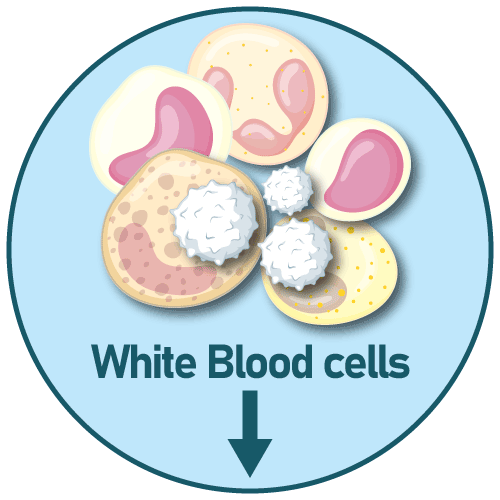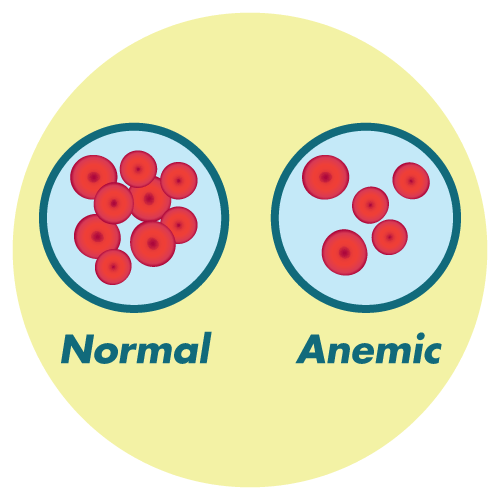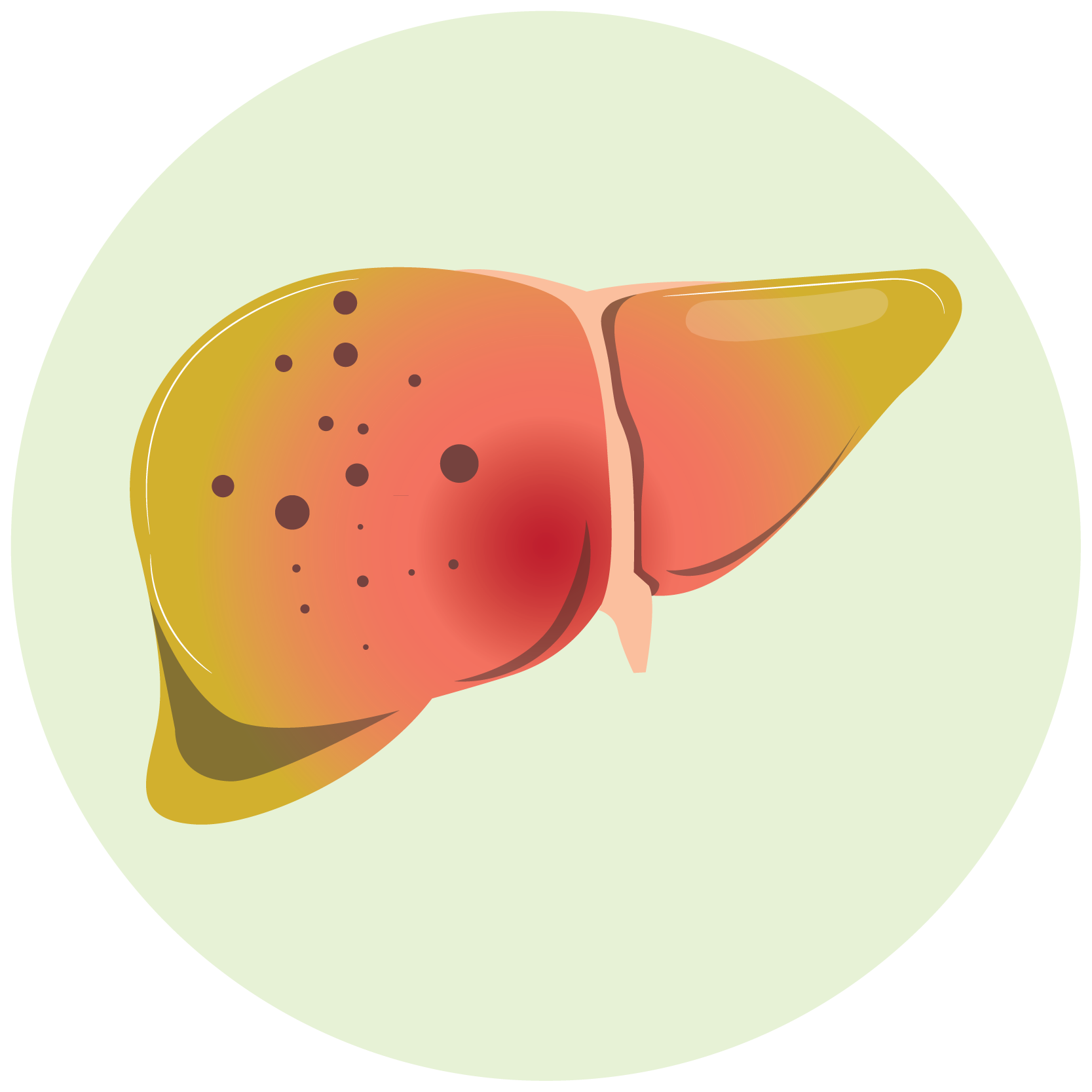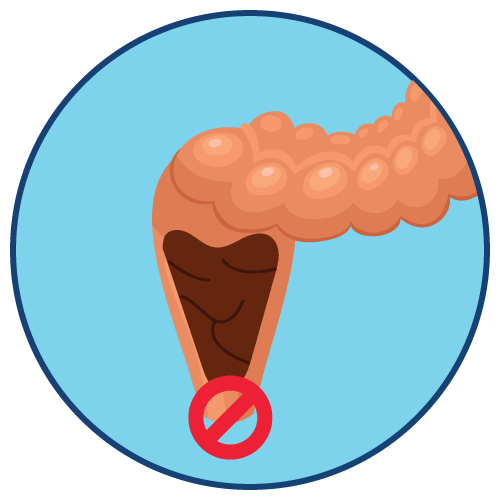| Name | Vinorelbine |
| Classes |
Anticancer/Antineoplastic Agent Mitotic Inhibitor |
| Diseases |
Cancer Non Small Cell Lung Cancer (NSCLC) |
Vinorelbine
Vinorelbin is an indole alkaloid derived from the plant Vinca rosea. It is an anticancer drug belonging to the class of microtubule inhibitors. Vinorelbin's mechanism of action has been linked to the inhibition of microtubule formation in mitotic spindles, resulting in the arrest of dividing cells at the metaphase stage.
Vinorelbine is indicated for the following conditions-
- In combination with cisplatin for first-line treatment of patients with locally advanced or metastatic non-small cell lung cancer (NSCLC)
- As a single agent for first-line treatment of patients with metastatic NSCLC
In Combination with Cisplatin 100 mg/m2
The recommended dosage of Vinorelbine is 25 mg/m2 administered as an intravenous injection or infusion over 6 to 10 minutes on Days 1, 8, 15 and 22 of a 28-day cycle in combination with cisplatin 100 mg/m2 on Day 1 only of each 28-day cycle.
In Combination with Cisplatin 120 mg/m2
The recommended dosage of Vinorelbine is 30 mg/m2 administered as an intravenous injection or infusion over 6 to 10 minutes once a week in combination with cisplatin 120 mg/m2 on Days 1 and 29, then every 6 weeks.
Single Agent
The recommended dosage of Vinorelbine is 30 mg/m2 administered intravenously over 6 to 10 minutes once a week.
Most common adverse reactions are-
- leukopenia
- neutropenia
- anemia
- increased aspartate aminotransferase (liver dysfunction)
- nausea
- vomiting
- constipation
- asthenia
- injection site reaction
- peripheral neuropathy
- Hepatic Toxicity: Hepatic function should be monitored both before and during treatment.
- Myelosuppression, manifested by neutropenia, anemia and thrombocytopenia, occur in patients receiving Vinorelbine as a single agent and in combination with cisplatin
- It is possible to have severe constipation and bowel obstruction, including necrosis and perforation. Implement a prophylactic bowel regimen to avoid constipation, bowel obstruction, and/or paralytic ileus.
- Extravasation can cause severe tissue injury, necrosis, and/or thrombophlebitis. Stop Vinorelbine immediately and implement the recommended management procedures.
- It is possible to develop severe sensory and motor neuropathies. Keep an eye on patients for new or worsening neuropathy symptoms. For neuropathy of Grade 2 or greater, discontinue.
- There is pulmonary toxicity and respiratory failure. In patients who develop unexplained dyspnea or show signs of pulmonary toxicity, discontinue Vinorelbine. For confirmed interstitial pneumonitis or acute respiratory distress syndrome, discontinue permanently.
- When administered to a pregnant woman, Vinorelbine can cause fetal harm based on animal studies and its mechanism of action.
Contraindication
Contraindicated in patients hypersensitive to vinorelbine or other vinca alkaloids, such as-
- Vincristine Sulphate
- Vinblastine
None known.
 Bangla
Bangla English
English








